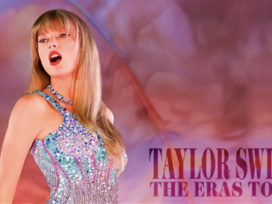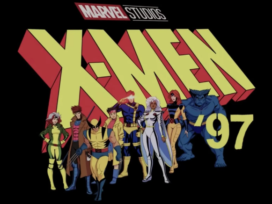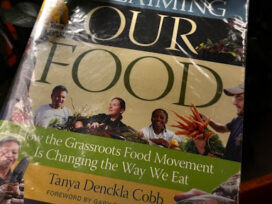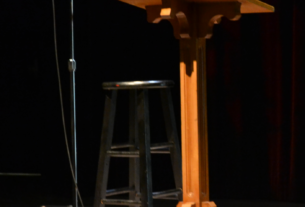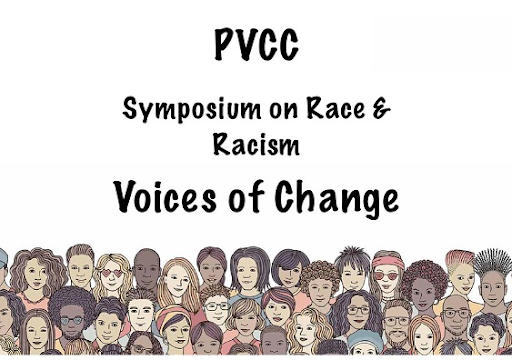
An Inspiring Ending to 2020 – PVCC’s Symposium on Race and Racism
Held on Nov. 2 via Zoom, PVCC’s Symposium on Race and Racism was a powerful and inspiring night to incite change within not only the PVCC community, but the Virginia community as a whole. The meeting was hosted for a little over two and a half hours, spanning through 13 speakers. Presenters from various facets of PVCC came together to discuss racial inequality and share stories of their experience of having received or witnessed discrimination. The event tackled issues on both the personal and societal ends of the spectrum, ensuring everyone left having learned something new.
“We truly cannot move forward as a nation, as a community, as a college, if we’re not willing to discuss the issues surrounding racism, discrimination, and equity,” PVCC President Dr. Frank Friedman said in his opening speech for PVCC’s Symposium on Race and Racism. As Dean of Business Olugbemiga Adekunle introduced the guest speakers, the symposium already felt like a natural presentation. One feature unique to Zoom webinars is the ability to raise questions at any point throughout the presentation to be asked during Q&A portions and the ability to do so anonymously. The few technical hiccups experienced in the beginning were quickly ironed out as the night progressed, proving Zoom to be a fluid means of conducting a symposium.
The President of the Black Student Alliance, Sheketra Payne, gave an excellent speech on what the definition of racism is in America, saying that “Racism is as American as apple pie.” Her speech touched on microaggressions and nationwide racism and inequalities to prove that the textbook definition does not do it justice.
“It is something we absolutely must combat, but it’s also something we have to confront,” Payne said with a photo of Martin Luther King Jr’s March on Washington, D.C., as her background.
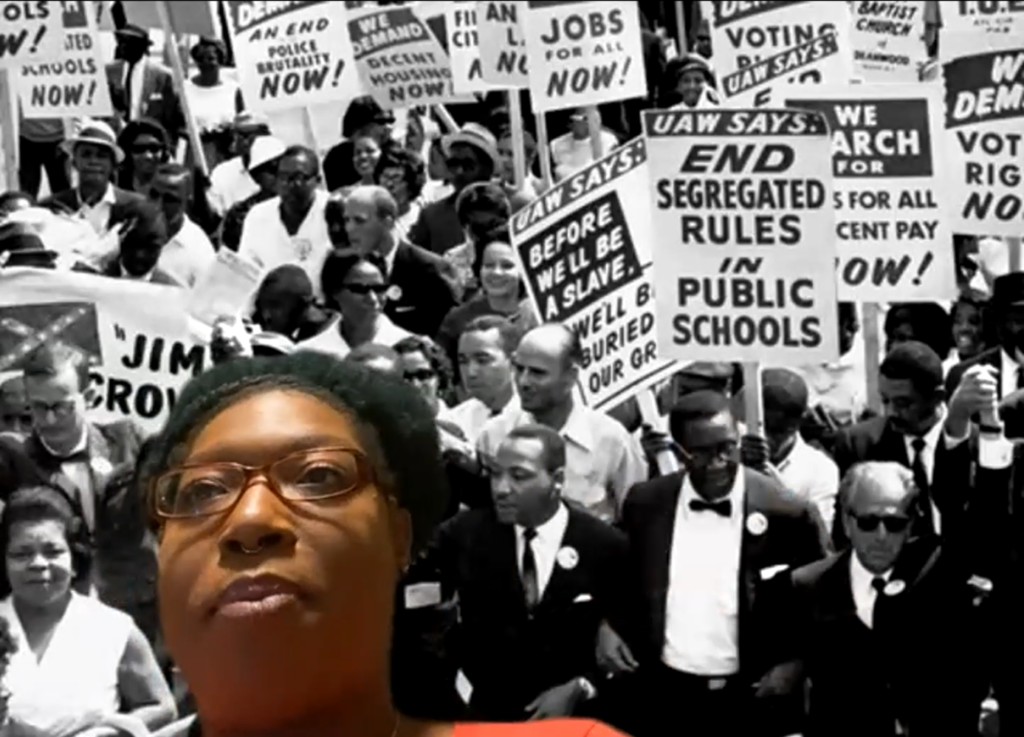
Adekunle then presented statistics about college graduation rates by race, healthcare inequalities in the wake of COVID-19, and U.S. incarceration rates by race and ethnicity. He then introduced the next guest speaker, James Bryant, who is a member of the Charlottesville City School Board.
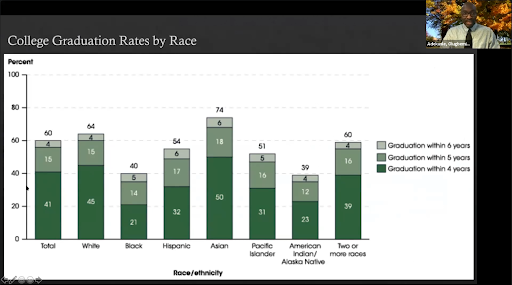
Bryant gave a personal account of how he has experienced racism throughout his childhood up to his adult years as he grew up in Charlottesville. Experiencing discrimination from his guidance counselor in high school, he was told he would never make it to college and that he should pick up a trade.
“I was the first generation in my family to go [to college],” Bryant said.
Being able to work as an educator, he understood the value of education from his parents. Although Bryant was able to succeed despite his challenges, he ended his speech by making it clear that “It’s always been a town of the haves and the have-nots, and we continue to struggle with those issues in the city of Charlottesville.”
Keith Nabb, Gequetta Murray-Key, and Todd Platts shared their perspectives on how you react to racism or discrimination when directly faced with it. Keith Nabb, associate professor of mathematics, said, “There’s a tendency to just be complacent and ignore it, and then to let it fester and be upset about it, but when it’s . . . novel and it’s something you’ve never heard before, I think the gut reaction is to be just completely speechless. Unfortunately that’s the reality when you’re confronted with such blatant racism.” Nabb, who shared his story about being biracial in America, described his difficulties being an Asian-American. He described the false concept that Asian Americans have “made it,” explaining the discrimination he has been a victim of his whole life, with the exception being his college years.
Dr. Todd Platts, assistant professor of sociology, replied by suggesting a route not often taken when debating those with racist and inconsiderate views. Those within organized racism groups who break free from them “have usually encountered people who challenged their racist preconceptions of the world, who take the time to politely challenge them,” Platts said. He encouraged attendees to research people such as Daryl Davis, Christian Picciolini, and Kathleen M. Blee after the symposium had finished.
“We do need to step up and challenge racism when we see it,” Platts said.
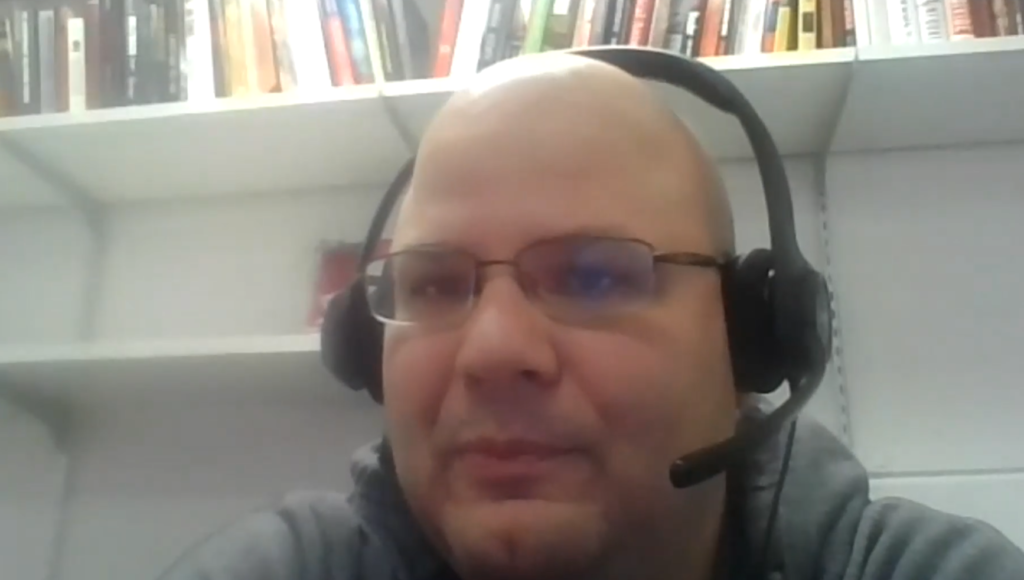
Gequetta Murray-Key, adjunct instructor of police science, responded by saying, “There are times when you need to confront things head-on, . . . sometimes you have to bite your tongue, sometimes you have to hold your tears back. You do that because you want to feed your family.” Maintaining a job and securing a promotion is already difficult enough for people of color, and sometimes challenging racist superiors in the workspace can lead to being fired.
Adekunle added, “It depends on the context. If I’m representing the college, or I’m just out in the street, or if I’m playing basketball [prior to COVID], I could respond differently.” The context of what situation you are in plays a major role in what you do or say, which is why the one on one interaction is preferred to challenge certain viewpoints.
Michael Rahilly and Adam Johnson, associate professors of psychology at PVCC, gave a presentation on Racism, Stress, and Coping. Johnson displayed statistics of increasing national stress levels due to police discrimination of minorities being televised on media, primarily among African Americans. This process utilized sample surveys to determine the percentage of people within the United States who felt stress from seeing increasing reports of police brutality. As of September 2020, the percentage was up to 67% of African Americans.
Rahilly spoke about potential methods of reducing racism in ourselves, such as increased contact with and open mindedness about diverse groups of people. He discussed human social identities versus personal identities, which allow us to increase our perception of our self worth by relating to our ingroups while denouncing outgroups. Many different social factors attribute themselves to our self-esteem, which is important to understand how we can break free from traditionally racist ideologies.
Career Services manager André Luck shared how he was able to challenge and change systems that did not necessarily understand their harmful effects when it comes to discrimination. As a member of a financial institution, he noticed the renomination of the same people to their board of directors. As new board members arrived, Luck realized that among the new members, there were never any people of color. To address this inequality, he scheduled a meeting with the board chair and the president.
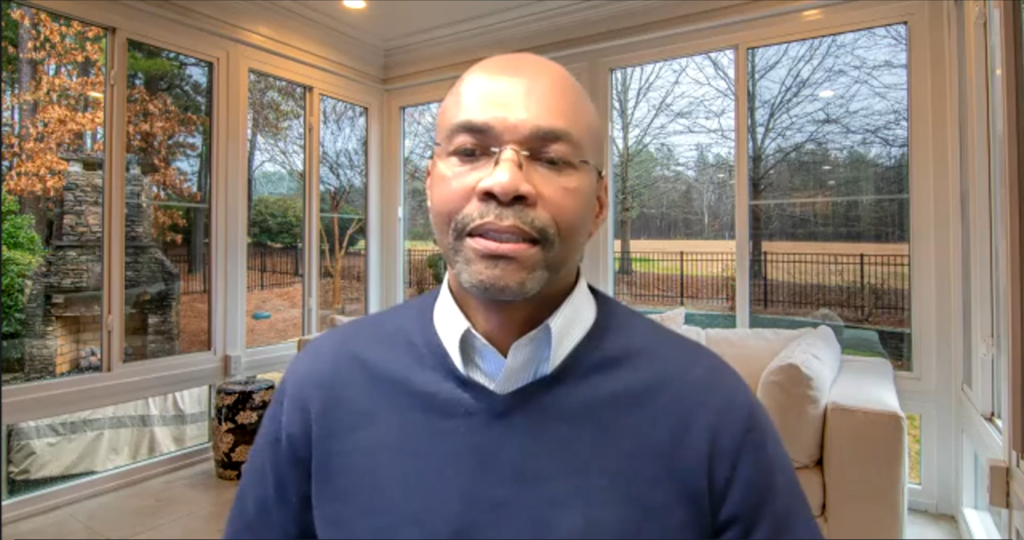
“First, I established my own credibility,” Luck said. By sharing his experience, he was able to show them that he was qualified to be speaking about the topics he would later raise, which they were uncertain of. Luck was able to change the board of directors and institute diverse opinions amongst the board, who did so even without lip service. He shared the challenges of diplomacy when faced with issues that he is passionate about in a separate scenario.
“I learned to change the tone of my voice . . . If I was being verbally attacked, I learned to listen and make sure that the person got it out of their system before I responded. I wanted to make sure that–in my approach–there were benefits they were getting from the solutions or recommendations I was trying to give,” Luck said. He emphasized the difference between responding versus reacting, relating further to his diplomatic philosophy. Confrontation is almost always a daunting task, but Luck states that “Sometimes, you must do things afraid.”
As the Symposium came to an end, the guest speakers all gave their final thoughts and appreciations for the event. Platts presented an idea that the organizers of the Symposium had suggested, which involved the guest speakers to share their stories and put together a document to send to local and state governments and incite change within the community.
“I will continue to do what I do, what I’ve always done, until I can’t do it anymore, and yes: the struggle continues,” Bryant said as he concluded his speech.
If you were unable to attend the meeting and would like to revisit it, click the link here to access the full Zoom recording.

